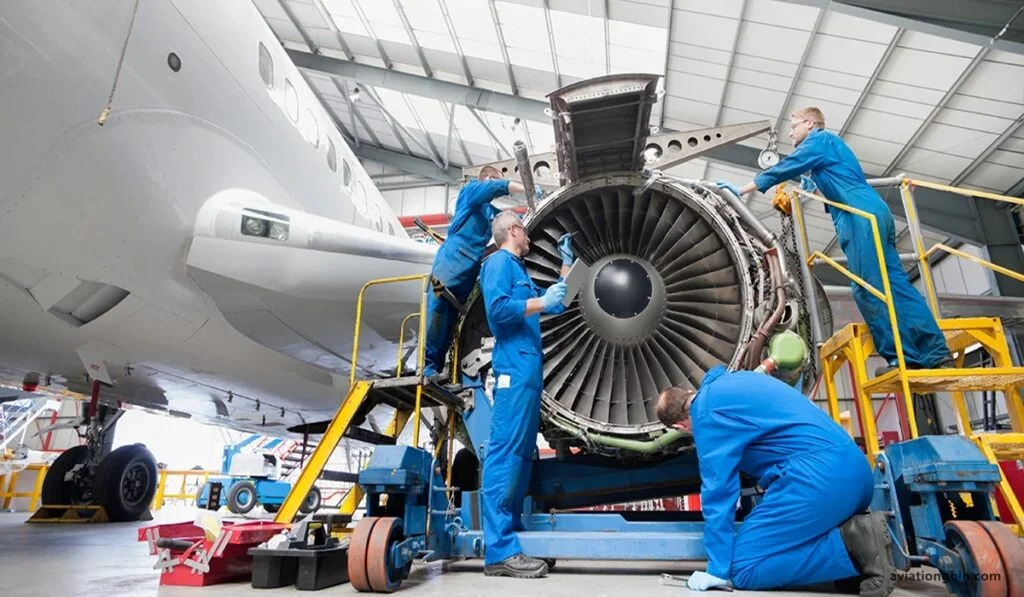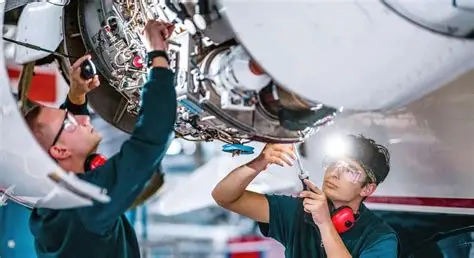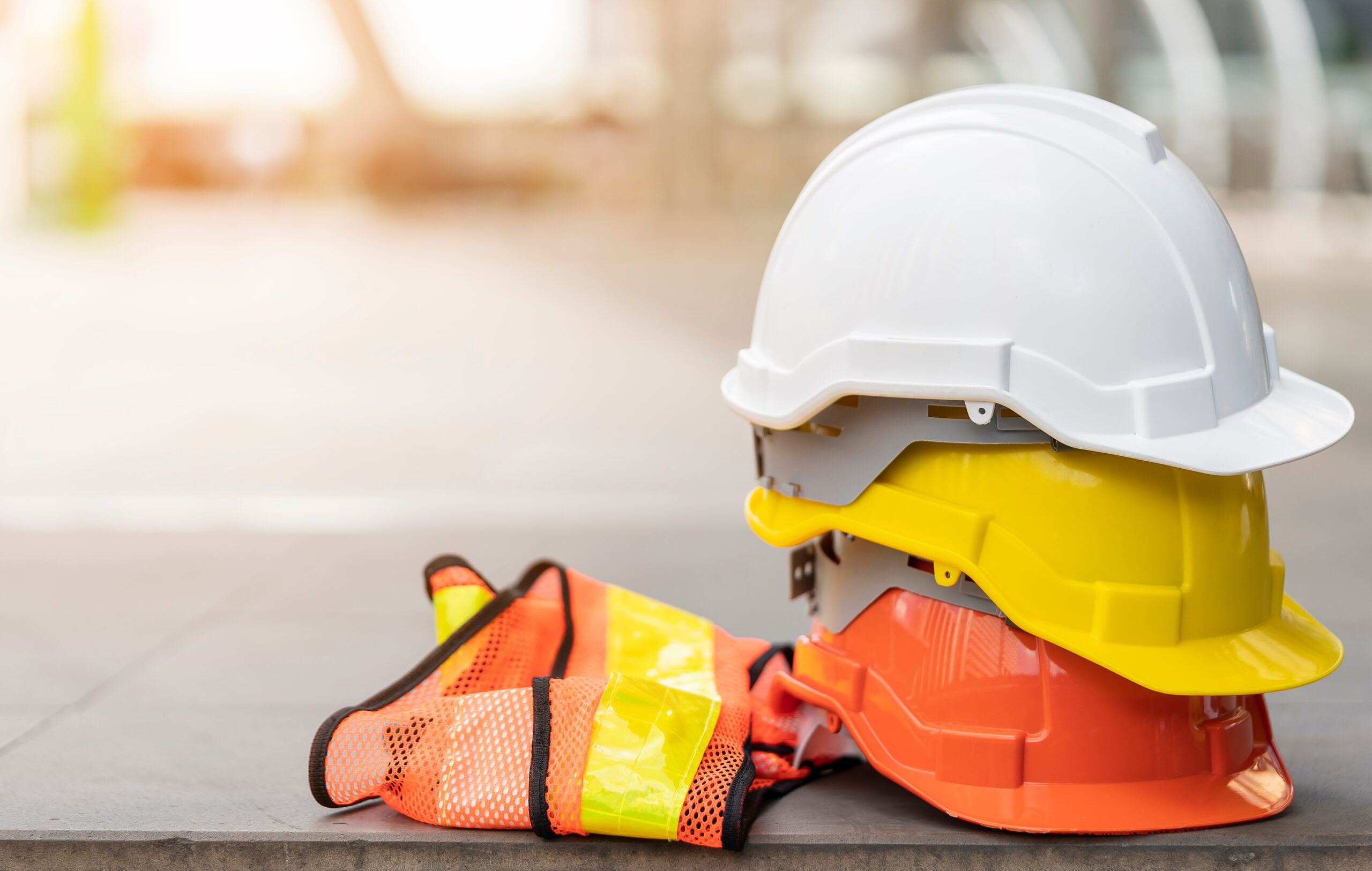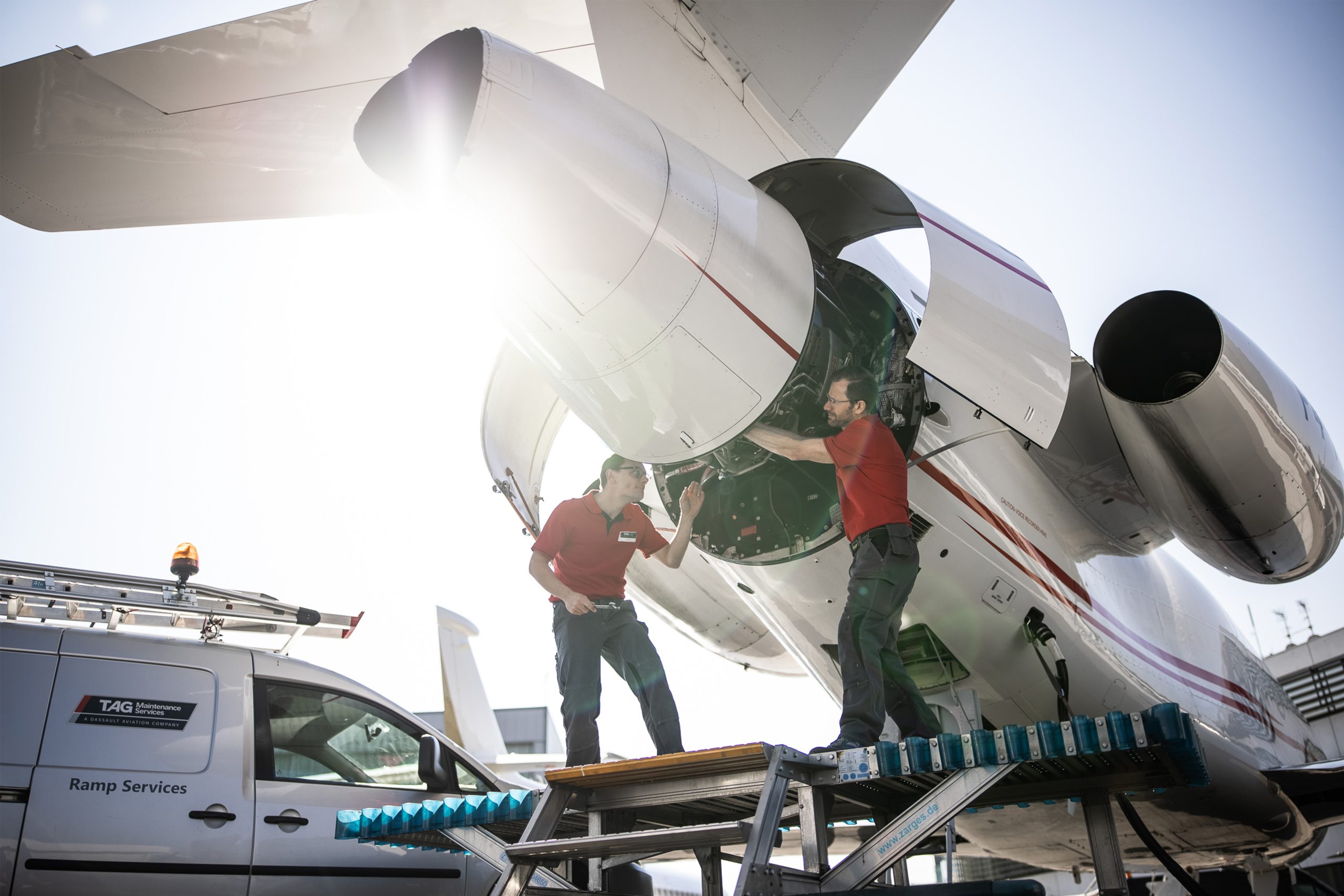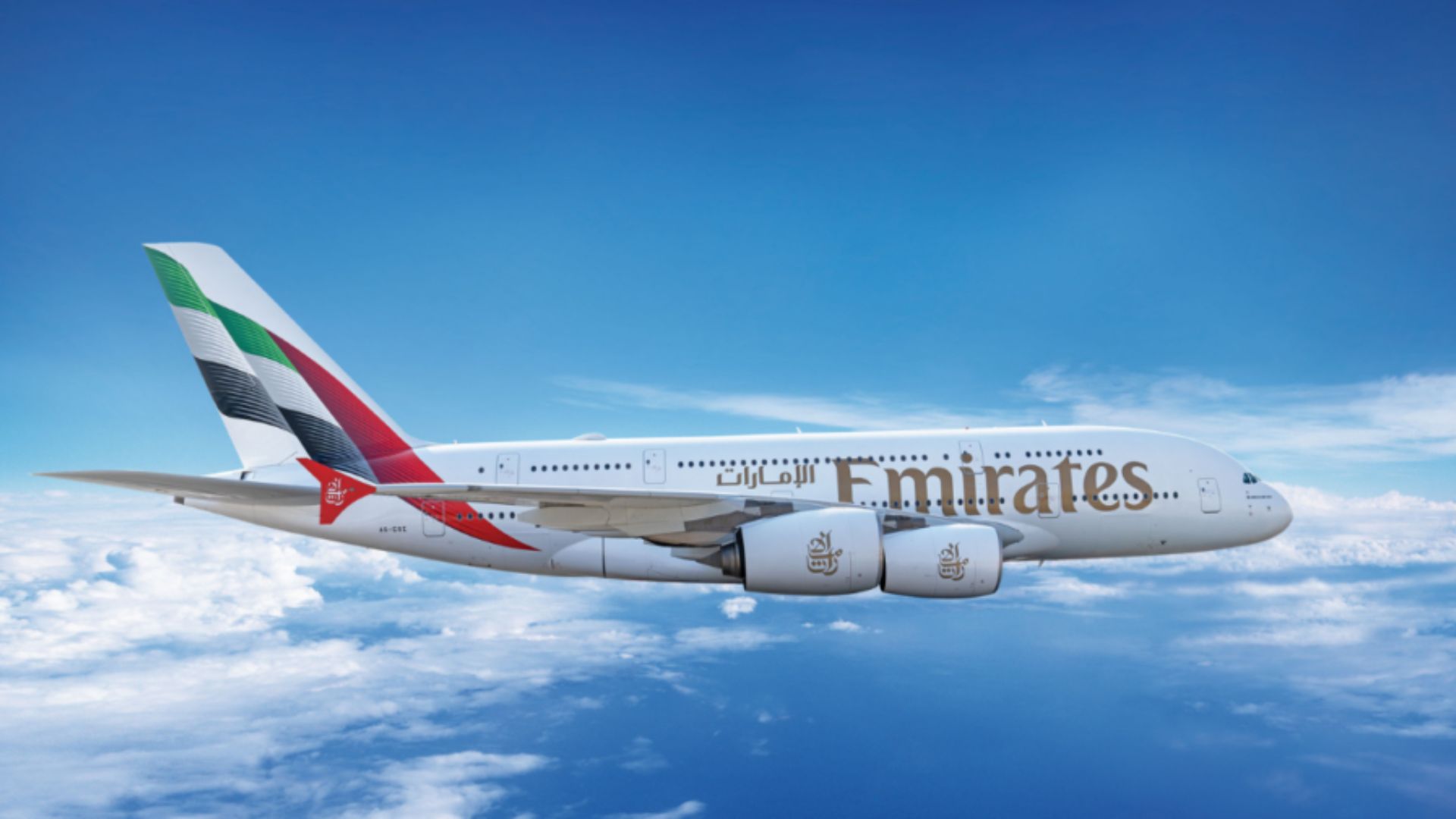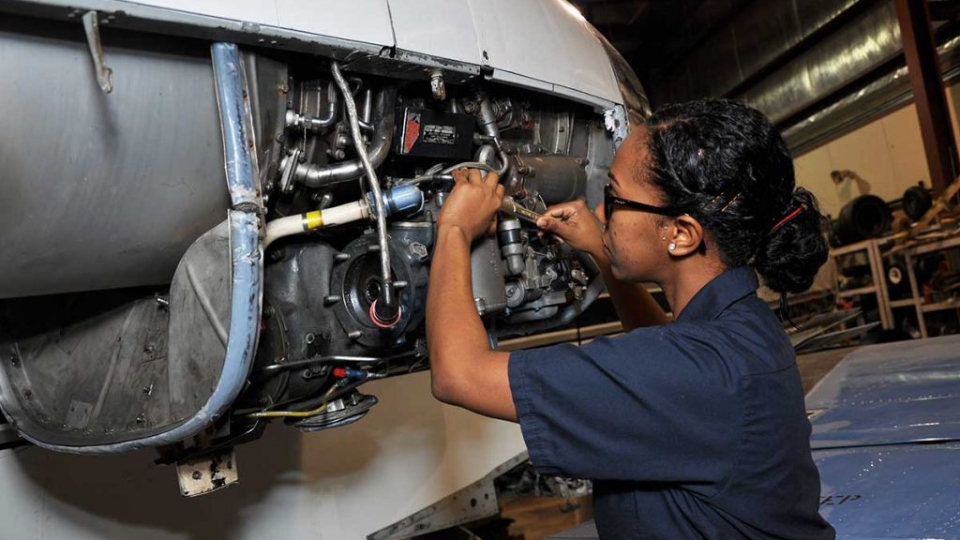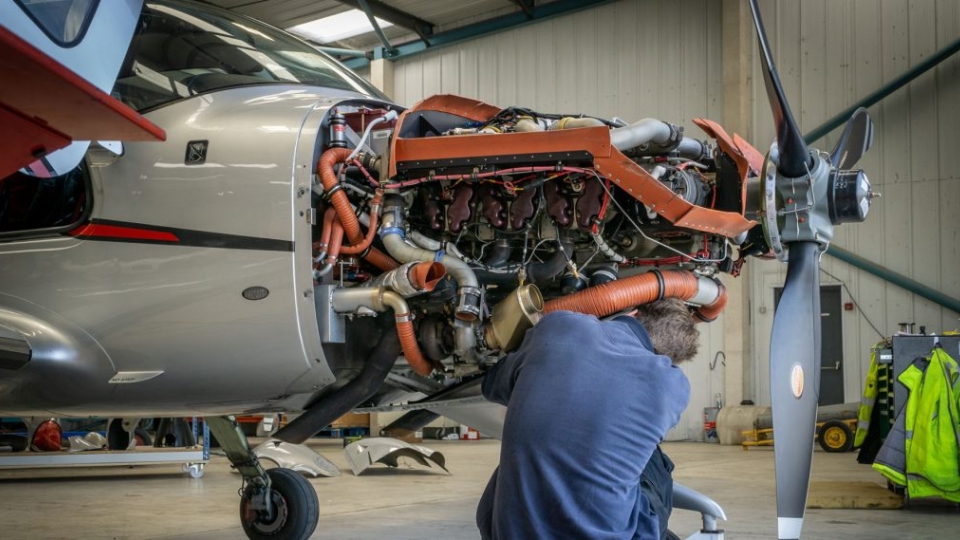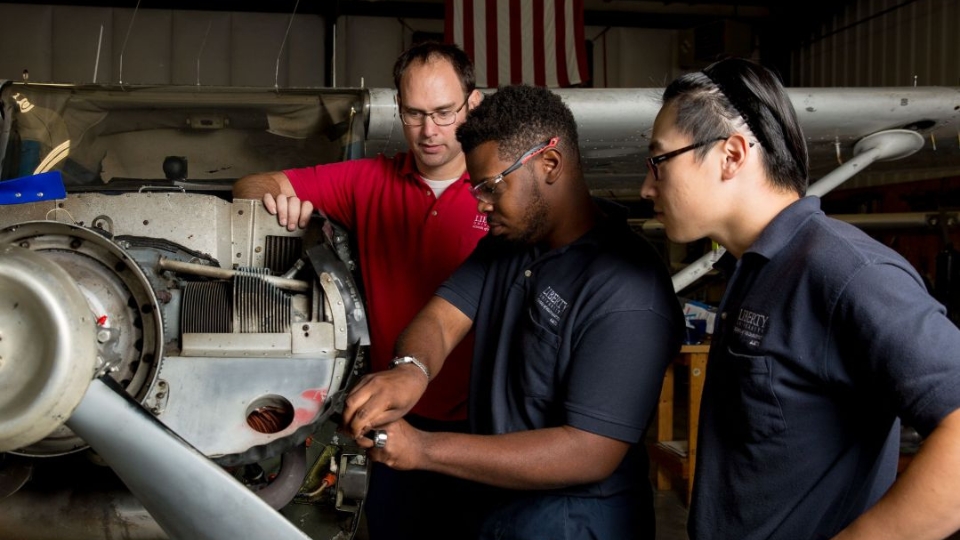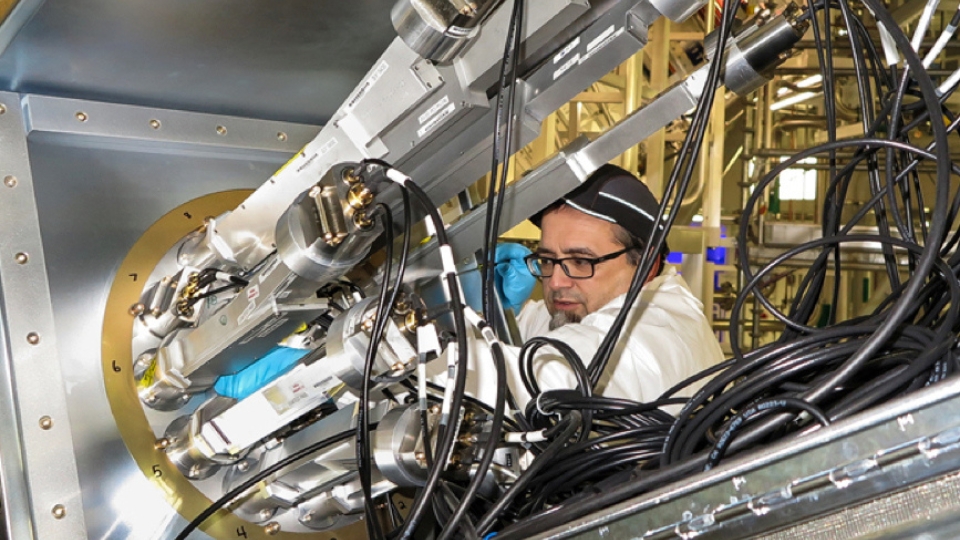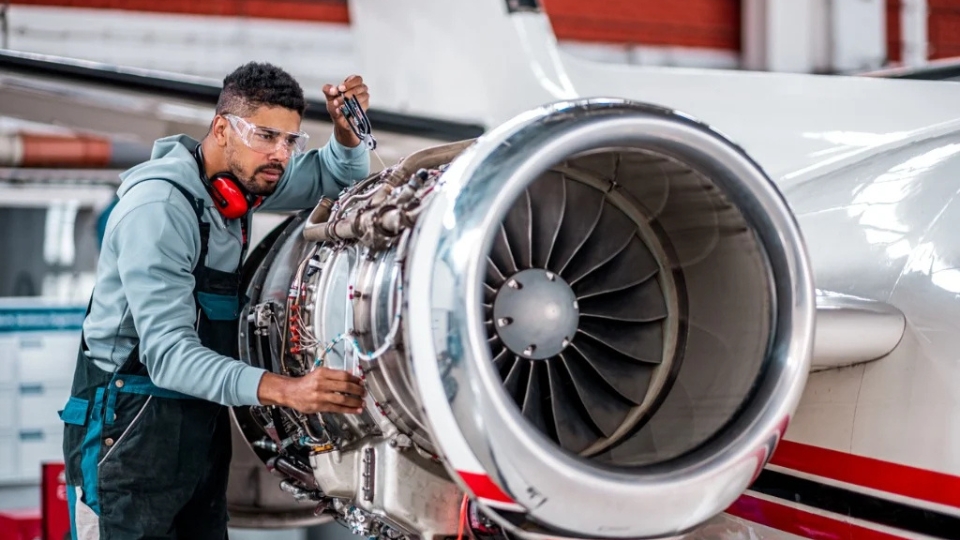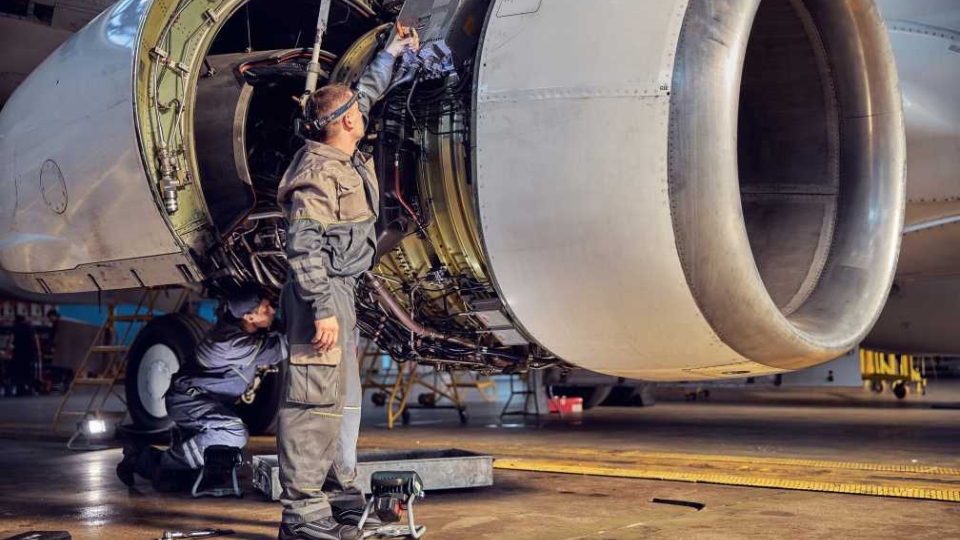Aircraft maintenance is a critical part of aviation safety. Whether for commercial airlines, cargo planes, or private aircraft, regular inspections and servicing ensure planes operate reliably and safely. Ignoring maintenance can lead to mechanical failures, accidents, and costly downtime. Understanding why regular maintenance is essential helps highlight the importance of safety in aviation.
Ensuring Mechanical Reliability
Aircraft are complex machines with thousands of components. Engines, hydraulics, avionics, and flight controls all need to function correctly to ensure safe operation. Regular maintenance identifies wear and tear before it becomes a serious problem.
Scheduled inspections allow mechanics to replace worn parts, lubricate moving components, and test systems. This proactive approach prevents unexpected malfunctions during flight, ensuring aircraft reliability.
Detecting and Preventing Wear and Damage
Aircraft face significant stress during takeoffs, flights, and landings. Repeated pressure and vibration can cause structural fatigue or damage to vital components.
Routine maintenance includes visual inspections, non-destructive testing, and system diagnostics. These procedures help detect cracks, corrosion, or other issues that could compromise safety. By addressing problems early, airlines prevent incidents and extend the lifespan of the aircraft.
Compliance with Aviation Regulations
Aviation authorities, such as the FAA and EASA, require strict maintenance schedules for aircraft. Compliance with these regulations is mandatory for airworthiness certification.
Maintenance checks are categorized into different levels, from daily inspections to major overhauls. Regular adherence to these standards ensures aircraft meet safety requirements and remain certified for flight operations.
Enhancing Passenger Safety and Comfort
Passenger safety depends on a well-maintained aircraft. Properly functioning systems, including landing gear, navigation, and communication equipment, reduce the risk of accidents.
Maintenance also affects comfort. Efficient air conditioning, cabin pressurization, and lighting systems contribute to a smooth and safe travel experience. Airlines prioritize regular checks to maintain both safety and passenger satisfaction.
Reducing Operational Risks
Unexpected breakdowns can disrupt schedules and create operational risks. Regular maintenance minimizes the chances of in-flight system failures that could lead to emergency landings or delays.
By maintaining engines, hydraulics, and avionics, airlines ensure consistent performance. This reliability supports flight schedules, reduces cancellations, and improves overall operational efficiency.
Cost Efficiency in the Long Run
While maintenance requires investment, it saves money over time. Detecting small issues early prevents expensive repairs caused by severe failures. Routine checks also help airlines manage fuel efficiency by keeping engines and aerodynamics in optimal condition.
Preventing major mechanical problems reduces downtime and avoids costly disruptions to flight schedules. In this sense, maintenance is both a safety and financial strategy.
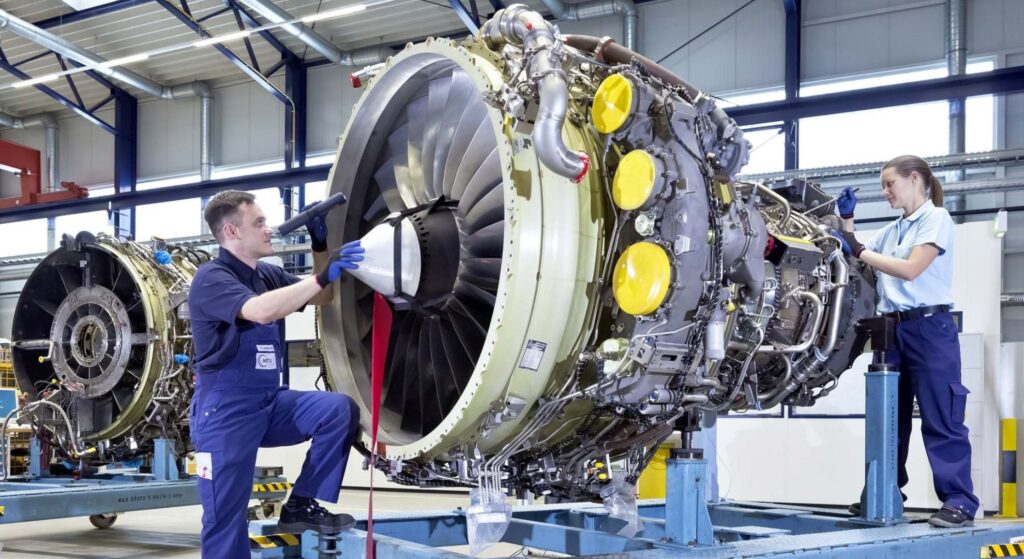
Why Regular Aircraft Maintenance Is Essential for Safety
Adapting to Technological Advances
Modern aircraft have advanced systems, including fly-by-wire controls, digital avionics, and automated diagnostics. Maintenance programs adapt to these technologies to ensure all systems operate correctly.
Technicians use specialized software and diagnostic tools to monitor aircraft health continuously. This proactive approach allows them to predict and prevent potential failures before they occur.
Conclusion
Regular aircraft maintenance is essential for safe and reliable flight operations. It ensures mechanical reliability, detects wear and damage, complies with regulations, enhances passenger safety, reduces operational risks, and saves costs over time. In a high-stakes industry like aviation, consistent maintenance is not just a requirement—it is the foundation of safety, efficiency, and trust.

